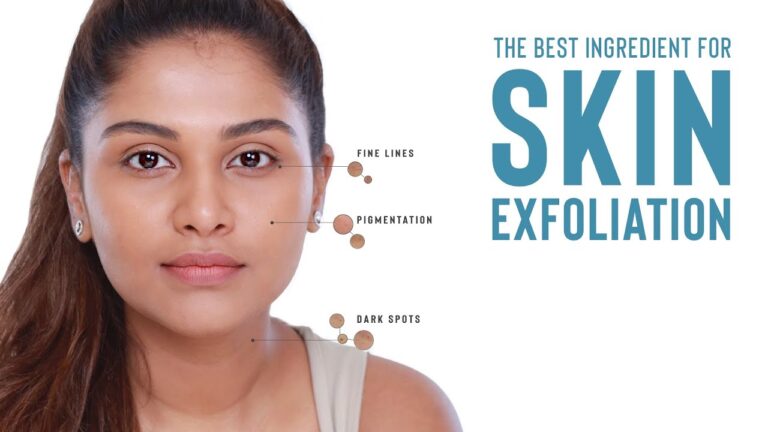How Copper Peptides Can Damage Your Skin and What to Do About It
The quest for youthful and healthy skin is an endless one, and with so many products on the market, it’s easy to get lost in the hype. Personally, I’ve tried my fair share of skincare products, some of which have worked wonders while others have left me feeling like I’ve wasted my money. However, nothing has ever come close to the damage that copper peptides did to my skin.
The Promise of Copper Peptides
Copper peptides are a combination of copper and small protein molecules that are naturally found in the body. They are said to have antioxidant properties that can enhance collagen production and promote wound healing. It’s no surprise then that many skincare products have touted copper peptides as a miracle ingredient that can reduce fine lines and wrinkles, improve skin elasticity, and even fade hyperpigmentation.
When I first heard about copper peptides, I was excited to give them a try. I had read countless rave reviews about their anti-aging benefits and was curious to see if they would work for me. I started using a well-known product that contained copper peptides regularly, hoping to see a noticeable improvement in my skin.
The Reality of Copper Peptides
Unfortunately, the reality of using copper peptides was far from what I expected. Within a few weeks of incorporating the product into my skincare routine, my skin started to break out. At first, I thought it was just a temporary reaction, but the breakouts continued to worsen, and my skin became congested with pimples and cysts.
As someone who had never struggled with acne, I was devastated. I immediately stopped using the copper peptide product, but the damage had already been done. My once-healthy skin was now riddled with redness, irritation, and scarring.
Understanding the Science
So what went wrong? Why did copper peptides ruin my skin? It turns out that while copper peptides do have some benefits, they can also be highly irritating, especially for those with sensitive skin. Copper is a powerful metal that can cause oxidative stress and disrupt the skin’s natural barrier function. This can lead to inflammation, breakouts, and even premature aging.
In my case, my skin simply could not handle the intensity of the copper peptides, and the result was a complete disaster.
The Road to Recovery
Recovering from the damage caused by copper peptides was a slow and frustrating process. I had to completely overhaul my skincare routine, cutting out anything that could further irritate my skin. I also consulted with a dermatologist who prescribed topical creams and medications to heal the breakouts and combat the scarring.
It took several months, but eventually, my skin started to show signs of improvement. The breakouts subsided, the redness decreased, and my skin started to look healthier again. However, I’ll never forget the damage that copper peptides did and the lesson that I learned about not believing everything I read online.
The Bottom Line
If you’re considering trying copper peptides, proceed with caution. While some people may have had positive experiences with them, they can also cause severe reactions in others. It’s always important to do your research and understand the science behind any new skincare ingredient before incorporating it into your routine. And if you do decide to try copper peptides, be sure to do a patch test first and monitor your skin closely for any signs of irritation.
Products Mentioned in this Article:
- Copper Peptides
Contents
Most searched products:
Does Sephora Support Israel? Answering Your Questions
The Ultimate Guide to Azealic Acid: Benefits, Uses, and Side Effects
Discover the Benefits of The Ordinary Botox for Your Skin
How Long Does Glycolic Acid Take to Show Results: Your Ultimate Guide
The Ultimate Reviews of The Ordinary Peeling Solution
Say Goodbye to B.O with Glycolic Acid Deodorant: The Secret to Long-Lasting Freshness
Unlock the Power of Hyaluronic: Benefits, Uses, and Top Products
10 Amazing Face Care Sets That Will Transform Your Skincare Routine Today
The Ultimate Guide to Sulphate: What You Need to Know
Lipophilic: Understanding the Importance and Properties of Lipophilic Molecules













